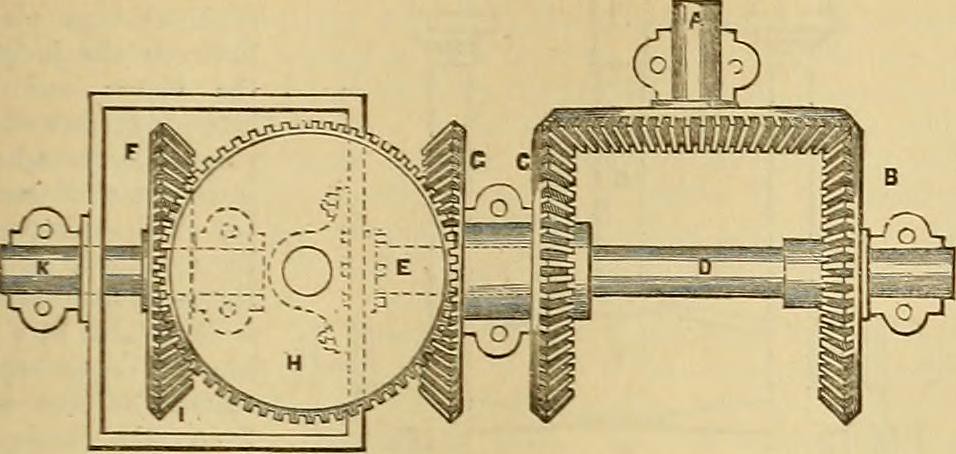24 February 2020
Building a Virtuous Cycle

As a teen, I was obsessed with the idea of a building a perpetual motion machine.
This marvellous idea posited that a perfectly designed wheel would run indefinitely without an external power source - it could even generate infinite amounts of clean energy to solve the worlds’ energy crisis!
Needless to say, I was deflated to discover that the things I read on the internet weren’t always true. Friction and gravity, of course, act on the machine, wearing-down its components and slowing the rotation until eventually the wheel stops.
In my search for a Virtuous Cycle of energy amplification, I had instead discovered a Vicious Cycle of energy decay.
Open Source / Open Data
I realized there is no such thing as ‘free energy’ and the same principles apply to open source / open data projects.
Without contributors taking their turn to spin the wheel, a project will gradually begin to deteriorate and decay.
Conversely, when companies become actively involved in adding features, refactoring and improving the existing code, then the wheel starts to spin faster, and faster!
In open source, we feel strongly that to really do something well, you have to get a lot of people involved.
Linus Torvalds, Creator of Linux
Collaborative Development
This is where open-source shines.
As project velocity increases, everyone benefits. Each push of the wheel results in ever-increasing value to everyone involved.
It is with this mentality, Pelias has survived and continues to add value to the many companies and individuals who use it.
A growing number of organisations are contributing to Pelias, and by doing so, have ensured they have a seat at the table when large-scale design decisions are being made.
The virtuous cycle generates benefits for all members of an Open Source ecosystem.
The story of Mapzen demonstrates the genius of open source software.
The code will continue to flourish through collaboration, community and shared resources, making it the smarter investment for government.
Bibiana McHugh, Manager of Mobility & Location-Based Services at TriMet
Shared Resources
Through group ownership and shared resources, we can guarantee that this virtuous cycle perpetuates, even after the demise of its founding sponsor, or any individual contributor.
By building everything in the open we can build for real permanence, not just the short-lived permanence of a hot brand in this turbulent space.
Randy Meech, CEO @ StreetCred / former CEO @ Mapzen
Business Friendly
Every contribution is published under a permissive license. This ensures that all stakeholders can continue working together without the worry of restrictions stifling innovation.
Geocode Earth works closely with open data providers such as OpenStreetMap, OpenAddresses and WhosOnFirst who share our passion for open access to location data.
The opposite of “open source” is “proprietary”, not “commercial”.
Open source licensing does not foreclose all commercial ventures, it only forecloses those predicated on restricting access to the source code.
Paul Ramsey, Executive Geospatial Engineer at Crunchy Data
Our Thanks
As distributors of Pelias, we are proud of its continued adoption by developers, businesses, local governments and commercial enterprises around the world.
I’d like to take this opportunity to firstly, thank each and every person who has participated in the continued development of the Pelias project, and welcome everyone, with open arms, to contribute to this virtuous cycle through collaboration and shared ownership.
If I have seen further than others, it is by standing upon the shoulders of giants.